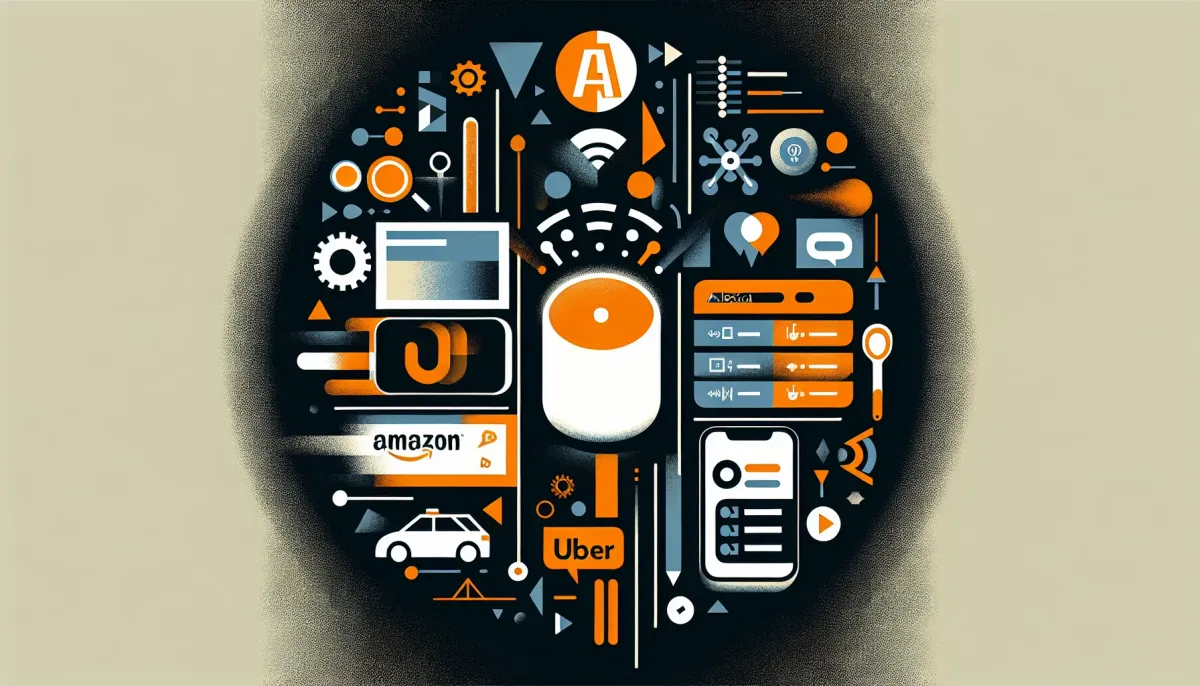Amazon Partners with DoorDash, Uber, and Others to Enhance Alexa's Practical Abilities

Amazon is working on making Alexa smarter by teaming up with brands like DoorDash, Uber, Ticketmaster, and OpenTable. This move comes after reports that its generative AI upgrade for Alexa hasn’t gone as smoothly as planned.
According to Business Insider, Amazon's new strategy focuses on practical improvements. Instead of just relying on generative AI, they're enhancing Alexa’s ability to do everyday tasks. This includes ordering an Uber, booking events, making dinner reservations, and managing food deliveries.
Now, you might remember that these services already had Alexa Skills. But this is different. Amazon wants these companies to be part of a more advanced Alexa. They’re aiming for a smarter assistant that might even come with a premium price tag.
The goal is clear: Amazon wants Alexa to handle entire tasks for users, rather than just passing them off to other services. For example, if you ask Alexa to order your favorite pizza, it could connect directly to your GrubHub account and place the order for you. This would save you time and effort.
However, these partnerships are still in the works. An Amazon spokesperson mentioned that product development often includes ideas that might not reflect the final user experience.
This approach is a refreshing change from the buzz around generative AI in voice assistants. Instead of trying to reinvent the wheel, Amazon is focused on making it better. While we don’t have all the technical details yet, partnering with these companies likely means using established solutions, like APIs.
By creating a more conversational Alexa, Amazon aims to make things easier, especially for tasks like ordering food. If this new system works well, it could be a big improvement over the current Alexa Skills.
That said, there is a potential downside. Not every local business may be part of this partnership model. According to the source from Business Insider, Amazon expects to have around 200 partners by the third quarter of next year. Depending on who those partners are, this practical approach could be more effective than relying on generative AI alone.
